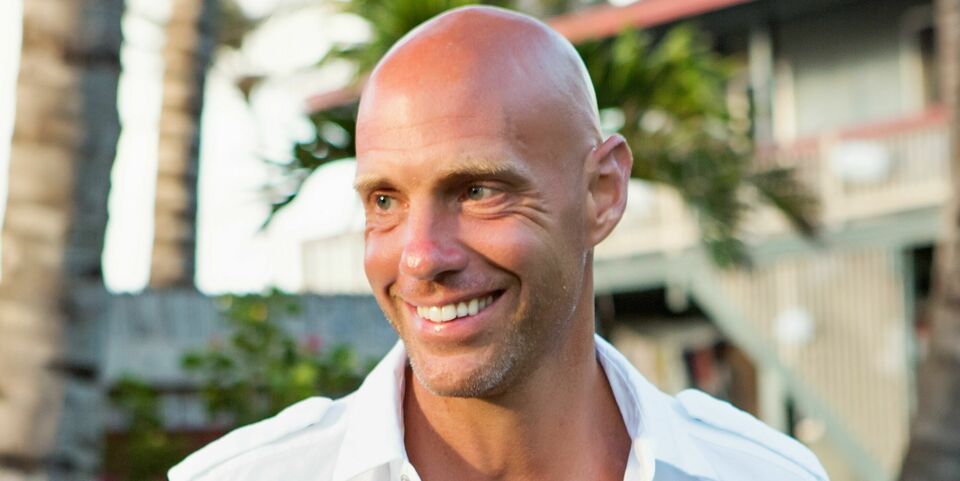We still can’t do without animal testing
The Netherlands wants to play a leading role in the development of animal-free testing methods in science. However, animal testing is still of vital importance to biomedical research, says TU/e professor Willem Mulder in an opinion piece in 'de Volkskrant', which was signed by one hundred of his fellow scientists. The development of a corona vaccine is a telling example of why animal testing is necessary.
Lifting the taboo on animal testing, that is what Willem Mulder hopes to achieve with his plea, which was co-authored by Judith Homberg, a neuroscientist from Nijmegen. “Since the campaign led by politicians and NGOs to end animal testing is facilitated by governmental organizations such as the RIVM and a number of university administrators, the impression has arisen that we will have alternatives to animal testing in the near future.” That is not true, but as a result, animal testing remains an unnecessarily controversial topic, he says.
Mulder recently relocated to the Netherlands after having spent fifteen years in New York working in academic hospital Mount Sanai. “When I assessed the situation, I was shocked. Our country wants to be world leader in the transition to animal-free research and testing, but sidelines itself.” That’s because there aren’t any alternatives to animal testing at this point. Think of our immune system and the brain for example, which are far too complex to understand without the use of test animals, according to the professor of Precision Medicine, who currently divides his time between TU/e (where all testing methods, incidentally, are animal-free) and Radboudumc Nijmegen.
And an understanding of our immune system isn’t just key to cancer immunotherapy – Mulder’s focal point of research – but also to the development of a corona vaccine. Mulder says that the rapid development of COVID-19 vaccines is spectacular, and that it would not have been possible if these vaccines hadn’t been tested on animals first before clinal trials on humans started.
Target
Mulder and Homberg are not alone. Their letter was co-signed by one hundred scientists, including professor in Cardiovascular Regeneration at TU/e Carlijn Bouten and author and researcher in neuroscience Dirk Swaab. Mulder also expects some people to respond unpleasantly, “but I don’t mind being a target of criticism for this cause. It goes without saying that attention should be paid to the well-being of animals used for research, according to Mulder: “Those regulations only contribute to the quality of the studies.”
What bothers him most is the suggestion that we could do perfectly without animal testing. “Some politicians act as if we scientists are unwilling to think out of the box.” Apart from animal models for diseases, researchers make use of several other models as well, such as computer simulations or organoids. All welcome additions, but Mulders say that these do not serve as viable alternatives to animal testing, as is often claimed. That is why he is glad that the letter was also signed by professor in Molecular Genetics and former KNAW president Hans Clevers. “His research focuses on, among other things, organoids, three-dimensional tissue structures that are often considered an alternative to animal testing.”
Explaining
Mulder hopes that his plea will convince politicians and universities to make animal testing less of a taboo subject. “University boards should explain the use of test animals in research and education to the public.” He also wants politicians to understand that putting a swift end to animal testing is incompatible with our current leading position in biomedical research. “Otherwise, we will drive biomedical research and the biotech industry out of the Netherlands.”


Discussion